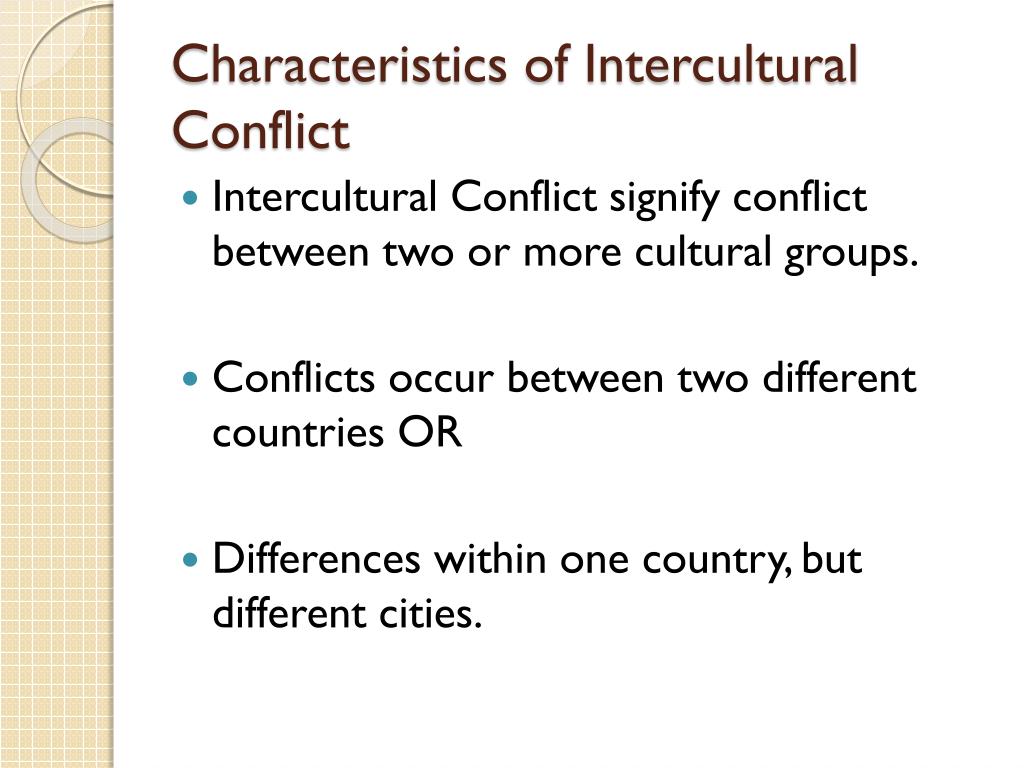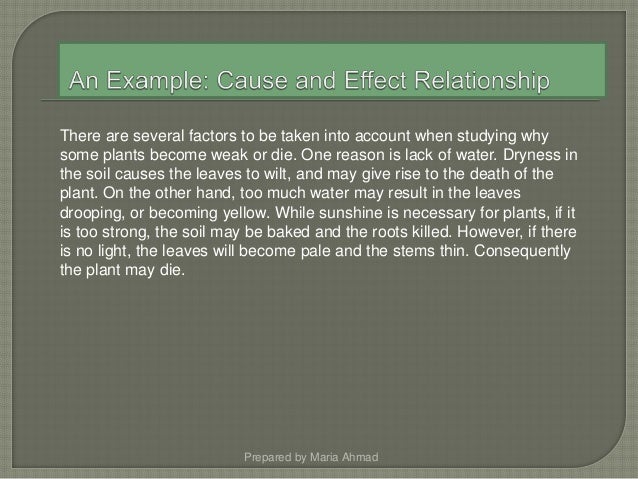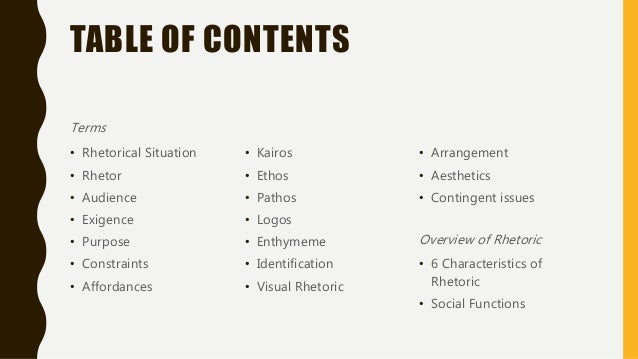
In the speech above, the author is a music professor who was formerly a high school band director.
RHETORICAL CONTEXTS PROFESSIONAL
As a former high school band conductor and current music professor at a state university, I train professional musicians and study music education curriculum, and I believe that current music classes are not providing what most students desire and what most future professionals need. Additionally, teens are taking to the internet themselves, recording their own work and sending it out to the world, with approximately 12,000 covers of songs being uploaded every 24 hours. However, today’s average teenager listens to music for four hours a day, most of which is created digitally and produced through computer software, drum kits, and keyboards. In its current form, high school music education focuses almost exclusively on large instrumental and vocal ensembles grounded in classical music and conducted by one individual, typically the school’s music teacher.



It is high time for music education to enter the digital age.


 0 kommentar(er)
0 kommentar(er)
